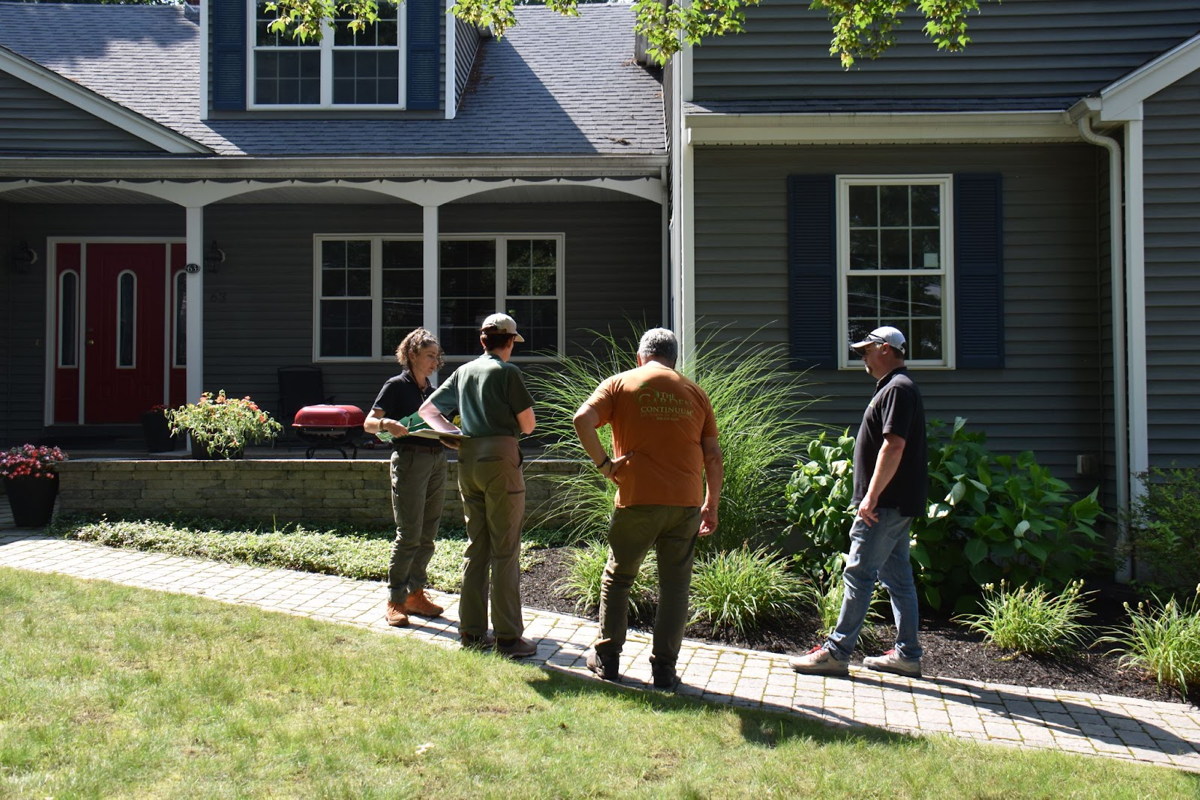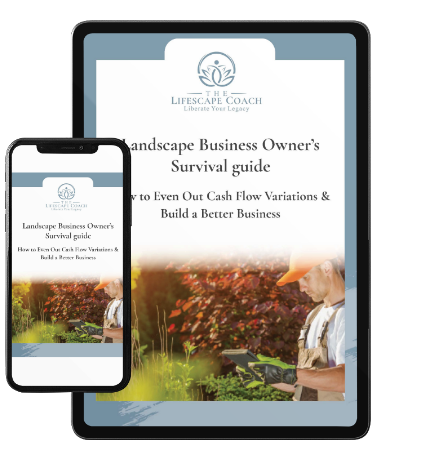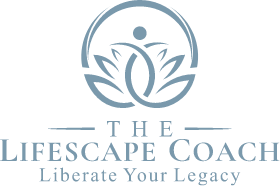Two Valuable Landscape Services You Must Charge Customers For
Landscape professionals will often ask us whether they should charge clients for consultation and landscape design. It’s true that some clients may question charging them for consultation visits when “every other landscape company comes out for free.” We suggest that the smartest landscape business owners understand how charging your clients for consultation and design will better serve the client and final results of your work together, while generating more revenue for you in the long run.
How often do we hear the phrase, “You can’t put a price on experience?” As true as this may be across many aspects of life, when it comes to the treasure trove of professional knowledge you carry, you can–and should–put a price on the experience you bring to solving your clients’ landscaping issues.
Of course, there will always be tokens that you can offer to clients or add onto contracts at no charge, but these should be the exception and not the rule. Why? Here are the key points to remember.
Charging for consultation communicates your value to the client.
It’s crucial to communicate your value to prospects very early in the sales process. If you simply give away high-level information in the beginning stages, you are setting up the prospect to believe that much of the work of creating and maintaining their landscape vision can be had for free. This expectation on the part of the client will only lead to more headaches for you as you fight against them for the duration of the contract. It is much better for your bottom line, and your own well-being, to set the expectation that you are a highly skilled professional whose expertise is worth paying for. And, this reduces or eliminates the potential that you will harbor any resentment for your misguided generosity.

Create your paid consultation opportunity via a complimentary initial phone call.
A high-level, information-driven phone call or video chat is a great complimentary sales strategy. Ask the prospect for their address, a list of 1-3 things they’d like to accomplish, their timeline, and perhaps a preliminary budget along with some photos of the site.
Then, in the course of a 20-minute phone call or video chat, dive deeper into their situation and share as much information as you can given the facts they’ve provided to you. Yes, you are selling yourself to the client, but you are also gauging whether they are the right client for you.
At this point, all you’ve committed is the time spent on the phone call. You haven’t traveled, used any equipment or materials, committed employee time, or invested any resources other than your own expertise and interest in them as a potential client.
Turn this “give and get” sales call Into a win-win
By the end of this initial call, you’ve given enough high-level information to the client that they understand the value you bring. Some of the information you’ve provided may be actionable, but most will require more knowledge and exploration from you. The client should understand clearly at this point how they will get more by hiring you. This is effectively your first sales call.
Your energy and excitement at the prospect of working with them should be clear on this call. This is where you ask for the sale (albeit a low-level one) of an in-person, on-site consultation lasting 1-2 hours.

Be clear on your consultation deliverables.
Before completing the on-site consultation, communicate to the client verbally (and follow up in writing) about exactly what you will be doing as part of the consultation process.
When I provide a consultation, I assess the land as it is now and the client’s desire for something different or a problem they’d like to solve. I assess the gap between what the client has and what they want, and I give them actionable ideas for how they can close that gap.
Deliverables such as a report, design or proposal should not be included until a new arrangement is agreed to in a second round of negotiation which could happen at the wrap up of the first engagement. Don’t leave it to chance.
Once someone has paid you a little, you’ve opened the door to them paying you more.
Prospective clients should be able to obtain a consultation with you for relatively short money. In return, you give them a great deal of value. There’s no need to hold anything back, because you are working to earn their business. In my experience, more than 80% of the time, the people you consult with will want to hire you to do more. Keep in mind that doing everything you suggest isn’t the end goal. The best outcome is that you can provide the next level of service that fits their timeline, budget, and need so you both feel like there’s been a win/win and you’ve started down the right path of developing a working relationship.
Summary
Never forget that as a landscape professional, you bring immense relief to homeowners and businesses. Taking care of a landscape is hard work, as we know; it’s multifaceted and ever-changing in relation to the economy and environment. Most people do not have the time or bandwidth to do it well–and many don’t even have the interest.
Always see yourself —and value yourself—as the professional you are, and pay yourself for the time, effort, and years you’ve put into learning your craft.
Landscape Business Owners Survival Guide



